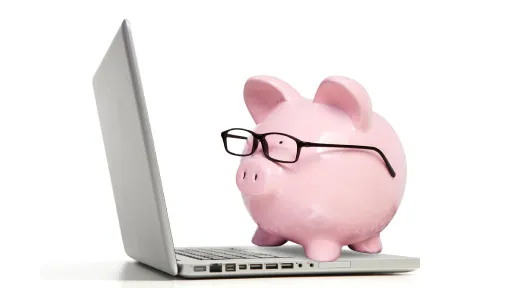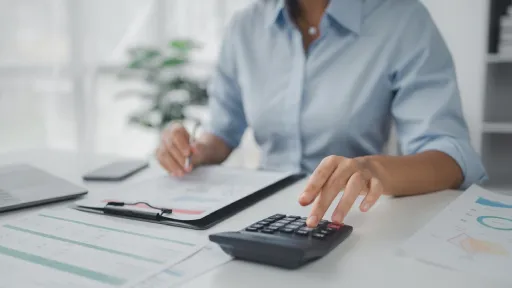In today’s dynamic financial landscape, understanding what is futures trading has become crucial for investors and traders alike. Futures trading offers a unique opportunity to hedge risks, speculate on price movements, and diversify portfolios in volatile markets. As global economies fluctuate rapidly, mastering the essentials of futures trading can empower individuals to make smarter financial decisions and capitalize on emerging trends.
What Is Futures Trading?
Futures trading involves buying or selling futures contracts, which are standardized agreements to purchase or sell an asset at a predetermined price on a specific future date. These contracts are traded on regulated exchanges and cover a wide range of assets including commodities, stock indices, currencies, and interest rates.
Unlike spot trading where the asset exchanges hands immediately, futures trading locks in the price now but settles the transaction at a later date. This key feature enables participants to manage risk or speculate on future price movements effectively.
Key Participants in Futures Trading
- Hedgers: Entities looking to protect themselves from unfavorable price changes—for instance, farmers locking in crop prices or airlines hedging fuel costs.
- Speculators: Traders seeking to profit from price fluctuations without intending to take delivery of the underlying asset.
- Arbitrageurs: Traders exploiting price differences between markets to gain risk-free profits.
How Does Futures Trading Work?
At its core, futures trading works through the buying and selling of futures contracts. A buyer agrees to purchase an underlying asset at a set price on a future date, while a seller agrees to deliver that asset under the same conditions.
Basic Steps in Futures Trading
- Margin Requirements: Traders deposit an initial margin, a fraction of the total contract value, to open a position.
- Mark-to-Market: Positions are adjusted daily to reflect gains or losses, ensuring both parties maintain sufficient margin.
- Expiration and Settlement: Contracts can be settled by physical delivery of the asset or cash settlement prior to expiration.
Futures trading commonly uses leverage, meaning traders can control large contract values with relatively small capital. This amplifies both potential profits and losses, highlighting the importance of risk management.
Benefits of Futures Trading
Understanding what is futures trading unveils several advantages that have made it a popular tool among investors and businesses.
- Risk Management: Businesses hedge against unfavorable price movements to stabilize financial planning.
- Liquidity: Futures markets are typically highly liquid, allowing easy entry and exit.
- Price Discovery: Futures prices often reflect collective market sentiment and expectations, aiding informed decision-making.
- Diversification: Investors can diversify portfolios by gaining exposure to different asset classes.
- Leverage: Access to larger positions with smaller capital investment.
Risks Involved in Futures Trading
While futures trading offers notable benefits, it also carries substantial risks that must be managed carefully.
- Leverage Risk: High leverage can magnify losses just as easily as gains.
- Market Volatility: Sudden price swings can lead to rapid margin calls.
- Complexity: Understanding contract specifications and market dynamics requires experience.
Due to these risks, proper education, strategic planning, and disciplined trading practices are essential for success in futures trading.
Popular Futures Markets
Futures trading spans numerous asset types, with some of the most popular markets including:
- Commodities: Oil, gold, agricultural products like wheat and corn.
- Financials: Stock index futures (e.g., S&P 500), treasury bonds.
- Currencies: Major forex pairs like EUR/USD futures.
Each market has its own characteristics and volatility patterns, offering different opportunities and risks.
How to Get Started with Futures Trading
Getting started with futures trading requires choosing a reputable broker, opening a trading account, and learning the fundamentals before engaging in live trading.
Essential Tips for Beginners
- Educate yourself on futures contract specifications and margin requirements.
- Start with a demo account or small positions to gain experience.
- Develop a clear trading plan outlining entry, exit, and risk management strategies.
- Stay informed of market news and economic events impacting futures prices.
- Consider consulting financial advisors or utilizing trading tools and analytics.
By approaching futures trading thoughtfully and prudently, investors can harness its power for achieving financial goals.
Conclusion
What is futures trading? It is a sophisticated financial instrument that enables risk management, speculation, and diversification in today’s fast-paced markets. While it offers exciting opportunities, mastering futures trading requires education, discipline, and awareness of the inherent risks. Whether you’re a hedger protecting business interests or a trader seeking profit, understanding futures trading equips you to navigate and thrive in the complex financial ecosystem.


